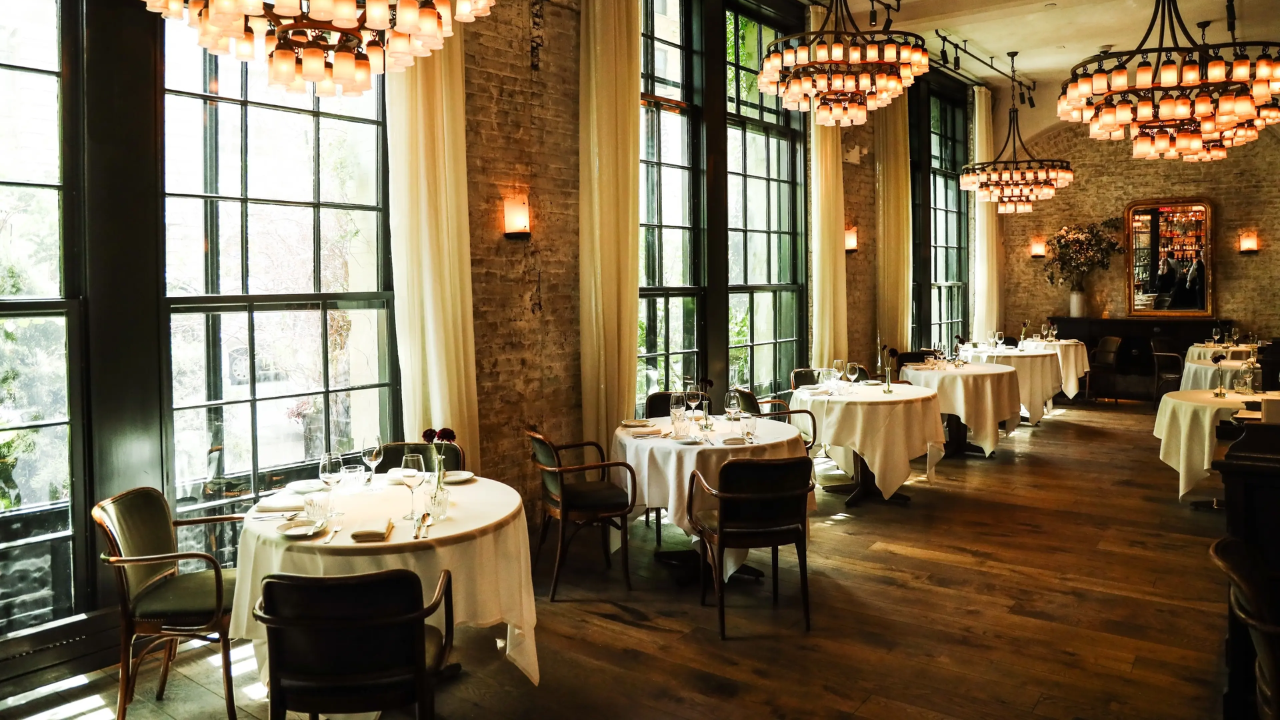NYC Restaurants Struggling with ‘Reservation Ghosting’: How Can This Be Stopped?
NEW YORK CITY – Have you ever made a reservation at a restaurant, only to decide you don’t feel like going later? This new trend, called “reservation ghosting,” is becoming more common in New York City, and it’s causing problems for local restaurants.
Jeremy Wladis, the owner of Harvest American Bistro on the Upper West Side, is seeing it firsthand. People often make reservations weeks in advance to avoid waiting for a table. However, Wladis says many people are simply not showing up.
“Cancellations happen about 15 to 20% of the time,” said Wladis. This trend is hitting restaurants hard, as their profit margins are already small – around 10% for the best restaurants.
With no-shows at 20% citywide, according to Resy and OpenTable, it’s taking a toll on their business.
Andrew Rigie, executive director of the New York City Hospitality Alliance, says people are often double- or even triple-booking reservations at popular restaurants just to secure a spot.
“Some people book multiple restaurants, then cancel one and show up at another,” said Rigie.
But it’s not just a case of forgetfulness or bad luck. There’s a darker side to this issue: reservation scalping. This involves people booking hard-to-get reservations and then selling them online for a higher price.
Although reservation scalping is illegal, New York Governor Kathy Hochul has not yet signed the bill into law that would make it enforceable.
So, what can be done about this issue? One option is for restaurants to charge a deposit for reservations. OpenTable, a popular reservation platform, has already begun requiring deposits, claiming that it reduces no-shows.
However, many restaurants are hesitant to introduce fees, as they fear this might turn customers away.
To help prevent ghosting, OpenTable has started tracking no-shows. If a person misses a reservation, the platform flags them.
This means that if they try to book again at a trendy spot, the restaurant will know about their previous ghosting history.
While some solutions are being tested, the issue of reservation ghosting is still a major problem. The growing popularity of online reservation systems and secondary markets for selling reservations has made it harder for restaurants to maintain control.
As this problem continues to grow, only time will tell if these measures will be enough to curb the trend and protect restaurants’ bottom lines.
In the meantime, it’s clear that both customers and restaurants will need to adapt to the changing landscape of dining in New York City.
Note- Every piece of content is rigorously reviewed by our team of experienced writers and editors to ensure its accuracy. Our writers use credible sources and adhere to strict fact-checking protocols to verify all claims and data before publication. If any error is identified we promptly correct it and strive for transparency in all updates.

